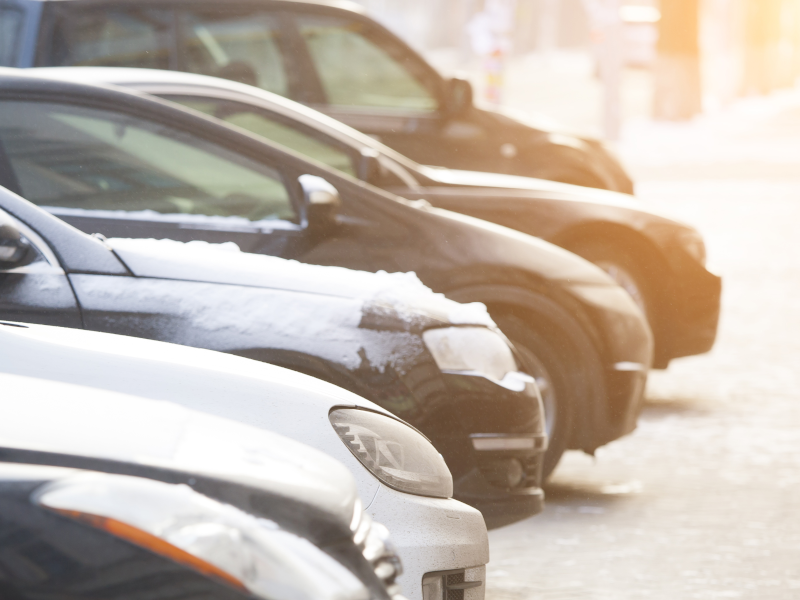It can take only 2 weeks for your battery to go flat if you leave your vehicle idle. Therefore, turning on the vehicle regularly is essential as well as leaving it to work for at least 15 minutes so the battery can have time to recharge. This also allows the engine to warm up and prevent internal components deteriorating.
18th February 2021
Tips to keep your vehicle in a good condition during lockdown

Since the start of the lockdown, many vehicles have been used far less than normal. To ensure that your vehicle runs smoothly once the restrictions are eased, it is essential to keep it roadworthy during lockdown.
For this reason, we wanted to share with you some useful tips on how to keep your vehicle in a good condition.
If you have a diesel vehicle, not driving it regularly can cause problems or faults with the diesel particulate filter (DPF). Making occasional journeys on an A road (over 50mph) is recommended to ensure your vehicle doesn’t end up incurring DPF issues with only stop/start journeys- however, please keep in mind the current Covid-19 restrictions that are in place around essential travel.
Regularly check and top up when necessary your vehicle fluid levels. This may include brake fluid, power steering fluid, engine coolant and oil levels, wiper washer fluid and automatic transition fluid (if your vehicle has an automatic gearbox).
Check your tyre pressures, including the spare, and that they are inflated to the recommended levels. Make sure your tyres are in good condition, check for cuts or wear. Minimum tread depth of 1.6mm, is a requirement.
To find out more information about tyre safety, read our guide: Tyre tread depth and tyre safety checks and Van Tyres and Your Safety
If your indicators, hazards lights, headlights, fog lights, reverse lights or brake lights are not functioning properly, this requires immediate attention.
If your vehicle is parked outside, it is recommended to select a spot that is shaded during daytime and has good lighting during the night. Be aware of the parking restrictions, residential parking zones and permits in your area, to avoid parking fines.
If your vehicle is not being driven for a few weeks, there will be a fine coating of corrosion on the brakes that will grind/ squeak on first application. If the sound continues to persist, this must be checked immediately to avoid damages.